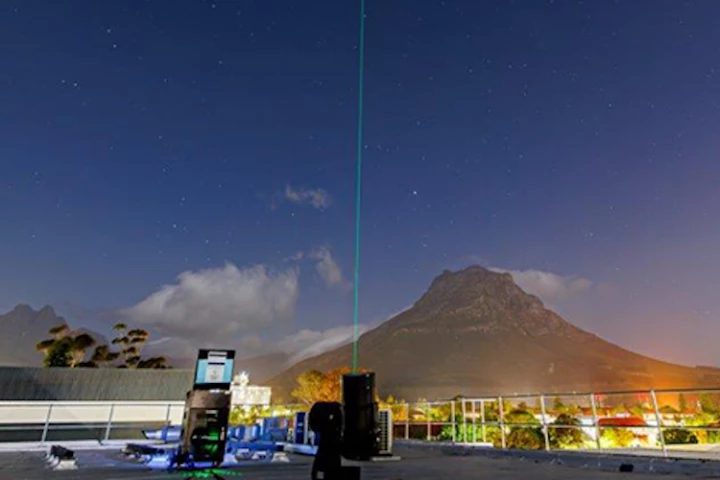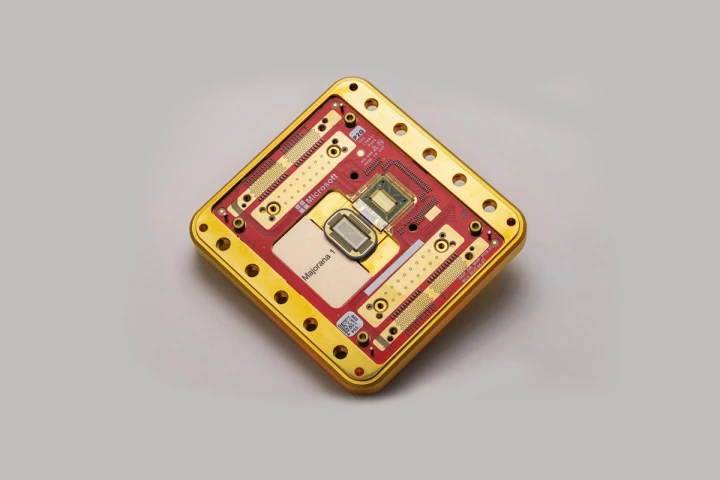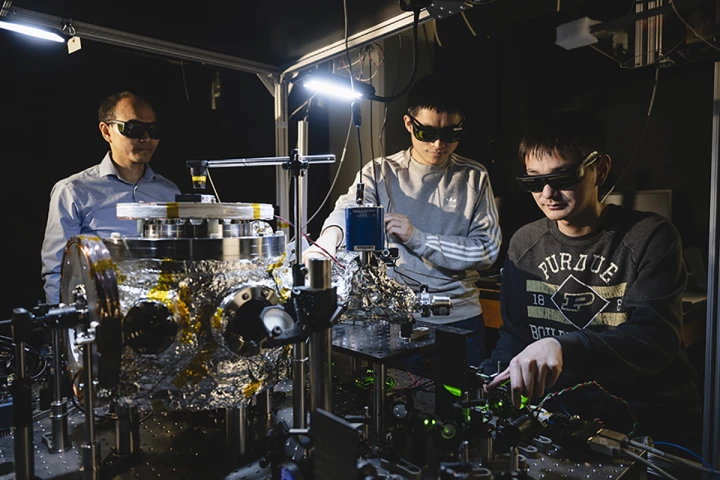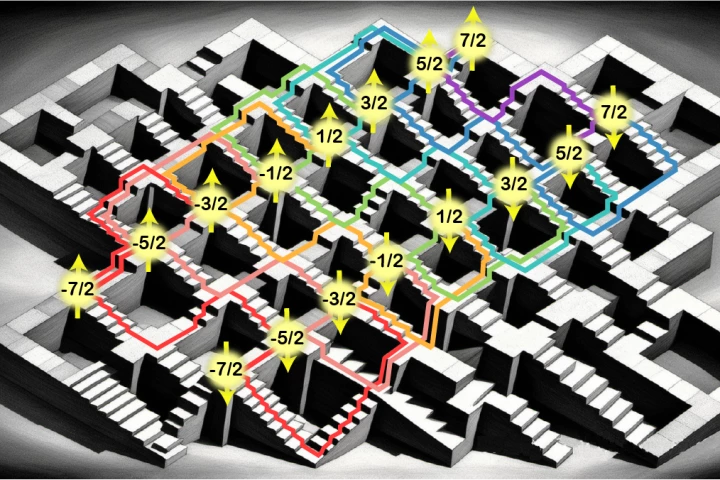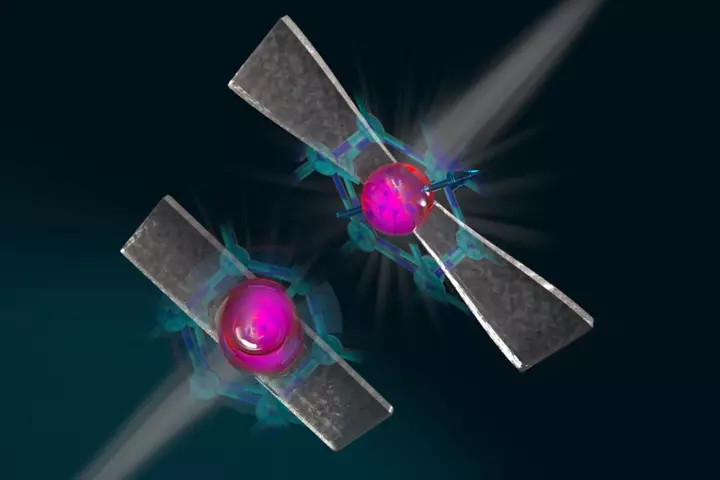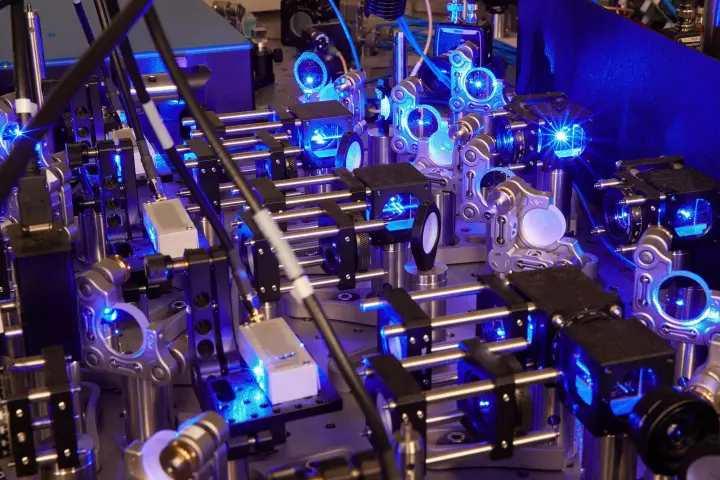Quantum
-
Quantum ComputingIn a proposal that reads more like the script to a new sci-fi movie, researchers are suggesting a unique way to tackle one of the core problems of quantum computing. If deployed, it would redefine how we think of "cloud computing."
-
The world’s longest quantum communications link has been set up between China and South Africa, spanning a record-breaking 12,900 km (8,015 miles). The connection takes advantage of quantum physics for “unbreakable” encryption.
-
Quantum ComputingAmazon has unveiled its first quantum computing chip today, after four years in the making. Dubbed Ocelot, it uses 'cat qubits' for improved error correction, and could lead to cheaper practical quantum computing in the years to come.
-
Quantum ComputingMicrosoft says it's made a major breakthrough in quantum computing capabilities with Majorana 1, its first quantum chip, and the first of its kind to be powered by what are called topological qubits. Here's what that means for quantum computing.
-
Physicists have levitated nanoscale diamonds, hit them with lasers to make them flash and spun them at an incredible 1.2 billion rpm. The experiments aren’t just about creating the “world’s smallest disco” but could help the study of quantum physics.
-
The weak gravitational pull on a particle just half the mass of a grain of sand has been measured for the first time. This most precise measurement of its kind is a breakthrough towards the quantum realm and a potential Theory of Everything.
-
You can cram much more quantum processing power into a given space if you use four different ways to store data on a single atom, according to new research. The method unlocks more powerful quantum computers that are easier to control.
-
From where “love” is felt in the body, to the scientific value of giant piles of bird poop, and talking to whales as practice for understanding aliens, here are the top 10 weirdest science stories of 2023.
-
Causality is key to our experience of reality: dropping a glass, for example, causes it to smash, so it can’t smash before it’s dropped. But scientists have now demonstrated how that understanding of time can be violated to charge a quantum battery.
-
A unified Theory Of Everything is the holy grail of physics, but gravity refuses to play ball. A newly proposed theory attempts to unify Einstein’s theory of gravity with quantum mechanics – and importantly, outlines a way to test it experimentally.
-
Researchers are claiming a breakthrough in quantum communications, thanks to a new diamond-stretching technique they say greatly increases the temperatures at which qubits remain entangled, while also making them microwave-controllable.
-
Atom Computing has announced the first quantum computer to pass the 1,000-qubit milestone. The prototype, due to become available for use in 2024, leapfrogs IBM’s announcement of its new quantum computer platform expected in the next few weeks.
Load More

